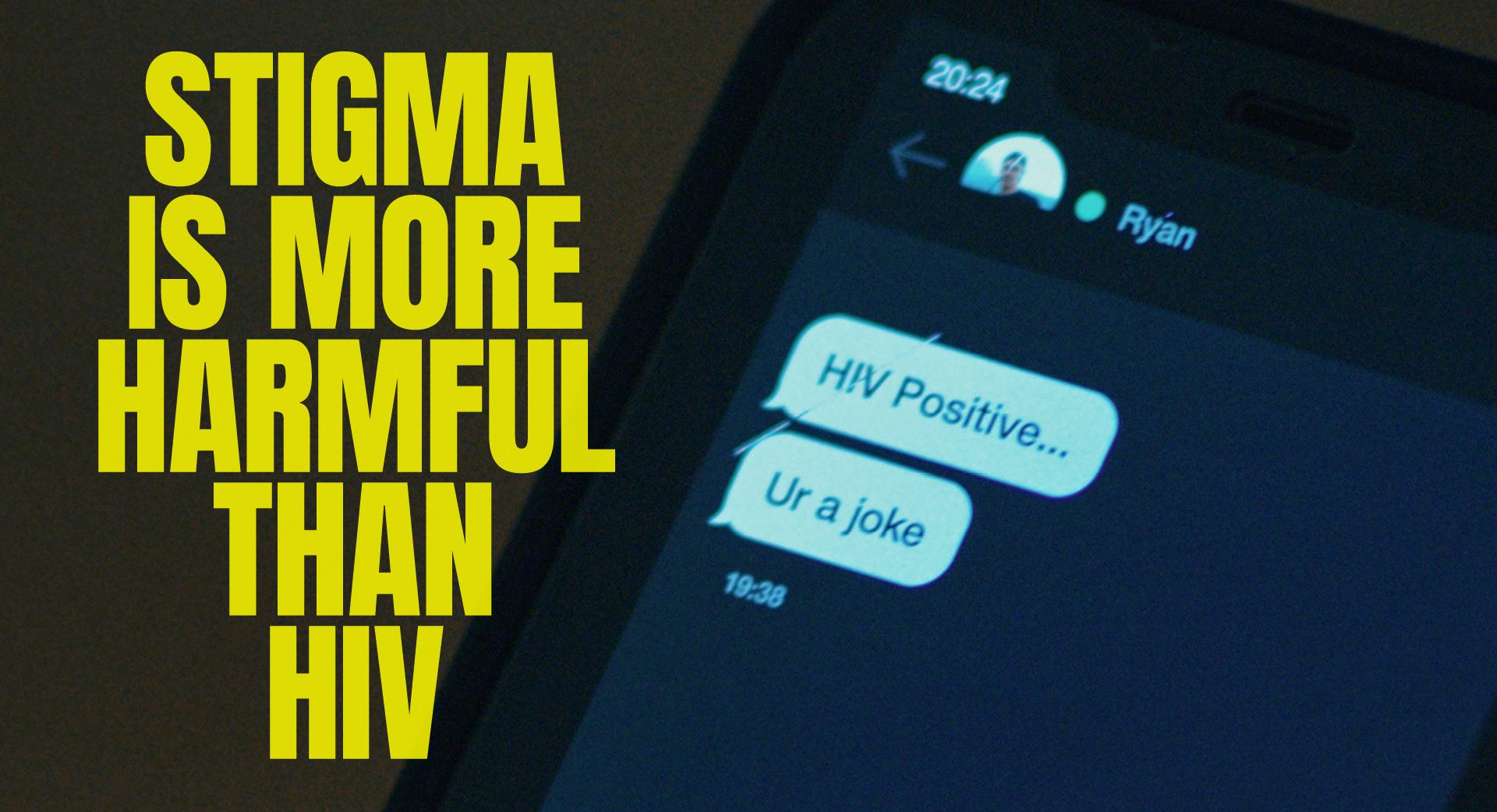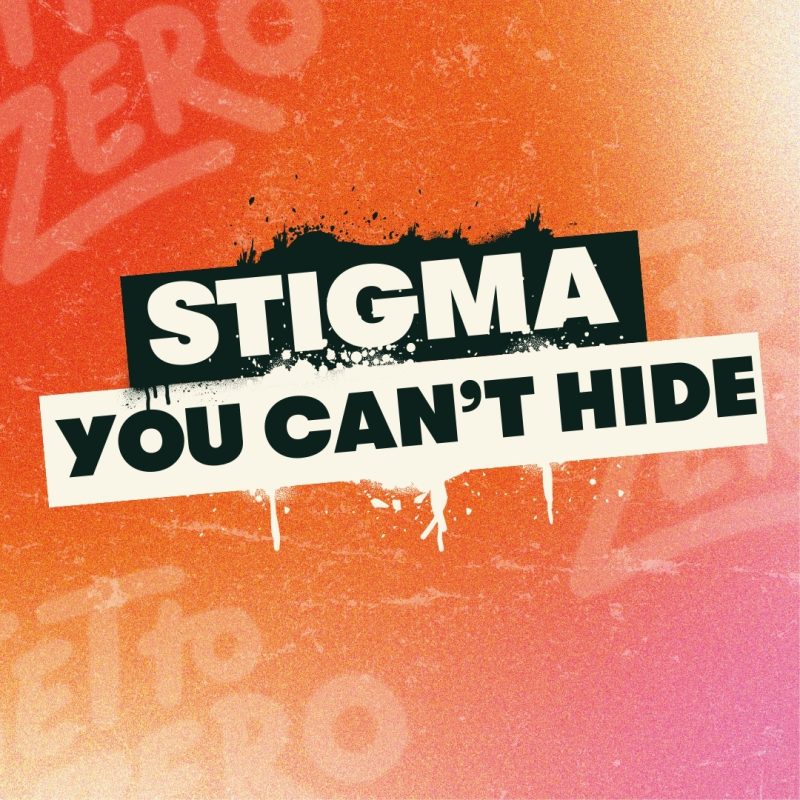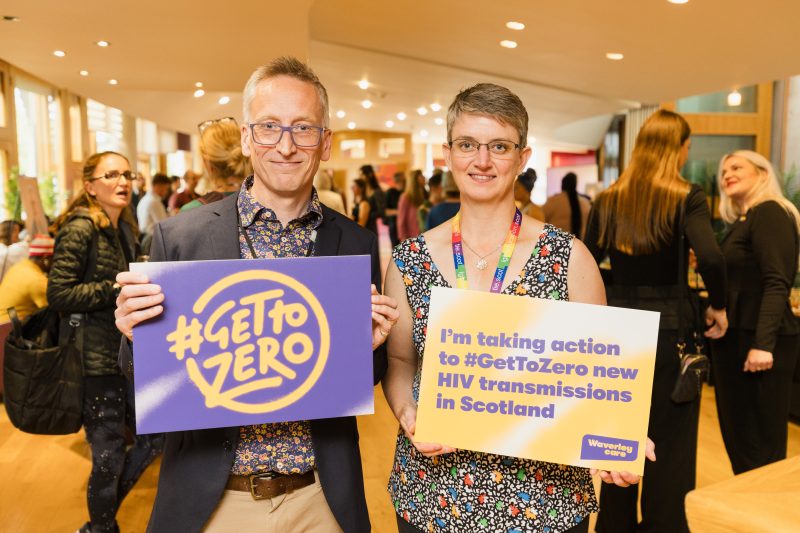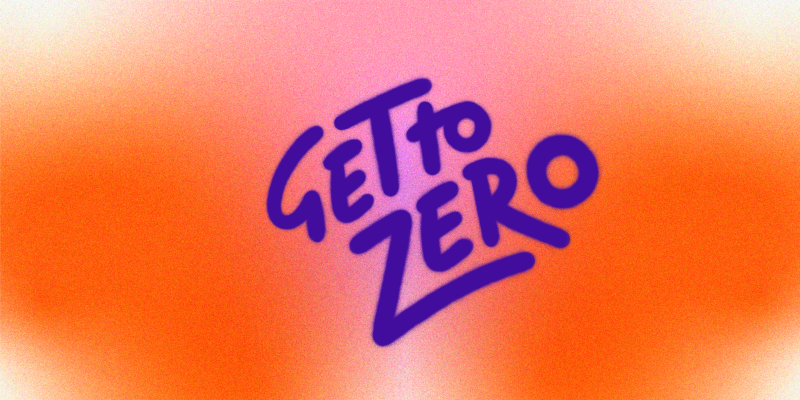HIV stigma continues to hugely impact the lives of people living with HIV, and we must ensure we #GetToZero HIV stigma.
Often, it is not the virus itself that affects a person’s life, but instead the outdated myths and misconceptions about HIV that are damaging and isolating.
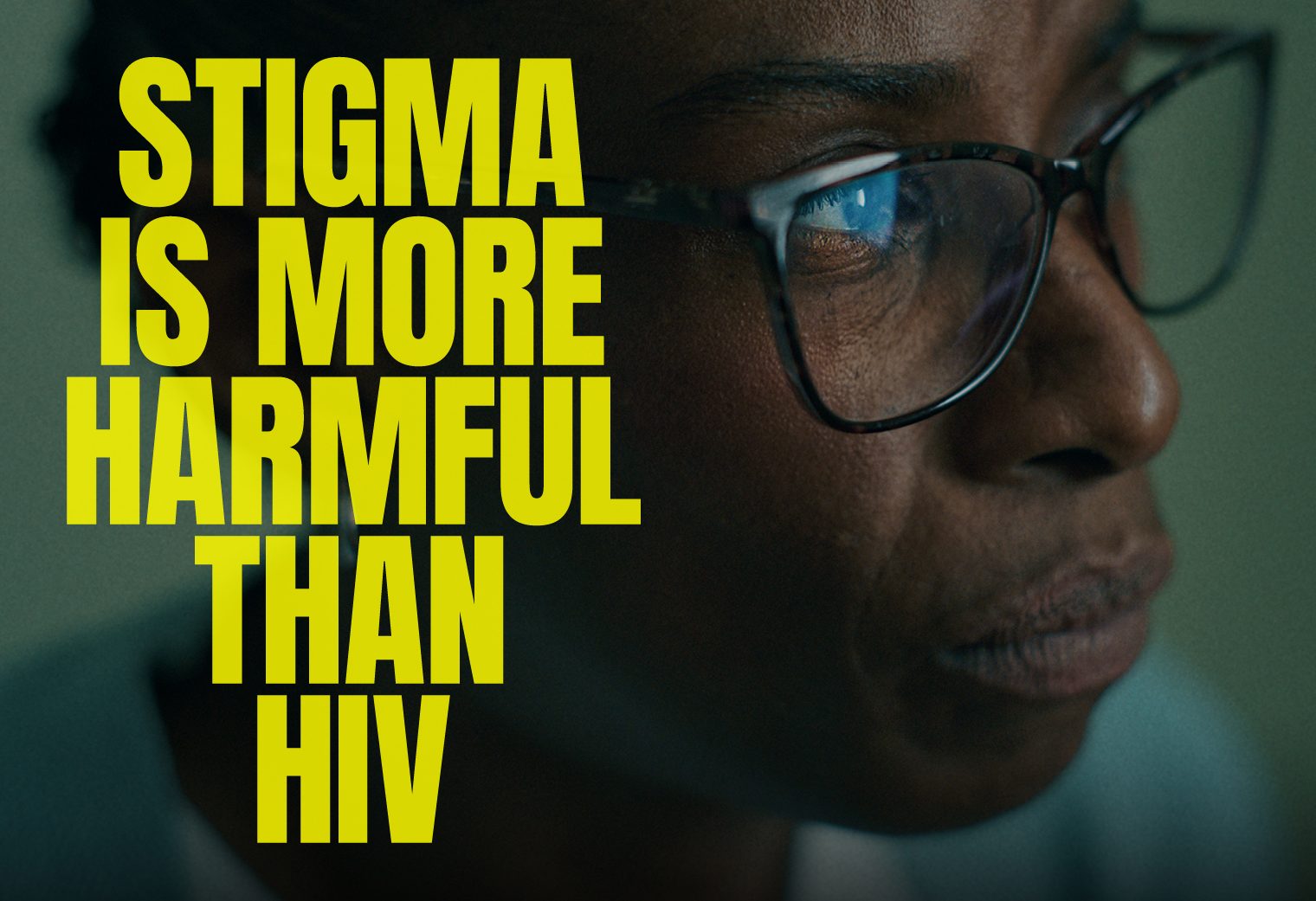
Ese Johnson, Development Manager Minority Ethnic Health at Waverley CareThe journey of ending new HIV diagnoses and eliminating HIV stigma is not only for the people living with HIV... We all have a part to play, and we must act now!
National stigma campaign
The Terrence Higgins Trust and the Scottish Government recently released a powerful campaign to end HIV stigma. Watch the campaign movie below or visit hivstigma.scot to find out more.
What can I do to challenge HIV stigma?
To help #GetToZero HIV stigma in Scotland, it is so important to ensure that your knowledge about HIV is up-to-date and accurate. Learn these to help fight HIV stigma:
- HIV cannot be passed on through spitting, sneezing, coughing, kissing or social contact. The most common route of transmission is through having sex with someone who has HIV (who has a detectable viral load) without using any form of protection.
- A person living with HIV on effective treatment cannot pass it on – the virus becomes undetectable in their blood. Undetectable = Untransmittable
- HIV treatment means a person living with HIV can live a long, healthy life.
There is power in the language we use
This is especially true when we are talking about HIV. How we talk about HIV has evolved since the end of the 20th century, and many of the terms we may have used previously are now outdated. We have created a handy language guide to give you the tools to talk about HIV and call out stigma and outdated attitudes when you see them.
Some of the language which is used when talking HIV and people living with HIV can place blame and stigmatise people living with HIV, making them feel isolated. We’ve created a guide to remind and teach people language which is respectful and inclusive when talk about HIV and people living with HIV. You can download it here.
People living with HIV have preferences on the language they use to describe their lived experience, so this guide may not cover every term or phrase.

